Keto for Women: Hormones, Fertility, and Health
Women and Keto: Hormonal Health, Fertility, and PCOS
The ketogenic diet has shown powerful benefits for metabolic health, weight management, and insulin resistance. But how does it impact women specifically?
For years, the conversation around keto has centered largely on general health and male-dominated studies. Yet emerging science and clinical experience reveal that keto can be especially transformative for women—when applied correctly.
Let’s explore how low-carb diets affect female hormones, fertility, and conditions like PCOS, and why keto can be a game-changer for women’s health.
Understanding Female Hormones and Metabolism
Women’s hormonal systems are finely tuned and highly responsive to diet, stress, and energy availability. Key hormones like estrogen, progesterone, luteinizing hormone (LH), follicle-stimulating hormone (FSH), insulin, and cortisol work in a delicate balance to support menstrual cycles, mood, fertility, and metabolism.
Disrupting this balance—through excessive dieting, chronic stress, or high carbohydrate loads—can result in irregular periods, infertility, or hormonal disorders like polycystic ovary syndrome (PCOS).
This is where a ketogenic diet may help.
Keto and Insulin: A Hormonal Foundation
Insulin resistance is a root cause of many hormonal imbalances in women, particularly in PCOS. When insulin is chronically elevated, it can disrupt ovulation, increase androgen levels (leading to acne or facial hair), and impair fertility.
A ketogenic diet is a powerful way to reduce insulin levels and restore metabolic flexibility. Studies show that women with PCOS who follow low-carb diets experience[1]:
- Improved insulin sensitivity
- More regular ovulation
- Reduced androgen levels
- Enhanced fertility outcomes
In one study, 5 out of 11 women with PCOS on a ketogenic diet became pregnant despite prior infertility[2].
Weight Loss Without Hormonal Damage
Many women turn to keto for weight loss, but with a concern: will it harm hormones?
When done correctly—with adequate calories, protein, and healthy fats—keto supports weight loss while preserving lean muscle and minimizing hormonal stress. Unlike extreme low-fat or crash diets, keto naturally reduces appetite, supports thyroid function, and avoids the hormonal dips often caused by caloric deprivation[3].
It’s important that women avoid undereating on keto, especially over the long term. Nourishment and nutrient density are key.
Keto and Menstrual Cycle Health
Some women report temporary disruptions in their cycle when beginning keto, often due to rapid fat loss or reduced caloric intake. However, these changes are usually short-lived and resolve as the body adapts.
In the long term, research and clinical reports suggest keto can help regulate irregular cycles—especially in women with PCOS or insulin resistance[4].
Supportive nutrients like magnesium, zinc, and B vitamins (abundant in keto-friendly foods) further aid hormone production and balance.
Fertility and Pregnancy
While more research is needed, early evidence shows that keto may enhance fertility in women struggling with ovulatory disorders. By reducing insulin resistance, lowering inflammation, and promoting a healthier weight, keto supports a more favorable hormonal environment for conception.
However, once pregnant, keto should be approached cautiously. Pregnancy increases carbohydrate needs, and a modified low-carb, whole-food diet may be more appropriate during this time. It’s best to work with a qualified practitioner.
Perimenopause and Menopause Support
For women in their 40s and beyond, keto offers powerful tools to manage hormonal changes:
- Improved body composition despite age-related metabolic slowdown
- Stabilized blood sugar, reducing mood swings and hot flashes
- Better cognitive function, supported by ketones as brain fuel
- Reduced risk of Type 2 diabetes and metabolic syndrome
Many perimenopausal women report feeling more balanced, energetic, and mentally clear when switching to a ketogenic lifestyle[5].
Nutritional Considerations for Women on Keto
To maximize benefits and avoid pitfalls, women should follow a well-formulated keto plan that includes:
- Adequate calories and protein (at least 0.8–1.2 g/lb of lean body mass)
- Healthy fats from avocados, olive oil, eggs, beef, fatty fish
- Electrolyte support (especially magnesium and potassium)
- Micronutrient-dense foods, like leafy greens, eggs, and organ meats
Cycling carbs occasionally (e.g., once a week or during the luteal phase) may also benefit some women, especially athletes or those with thyroid concerns.
Myth: Keto is Bad for Women’s Hormones
This myth likely stems from misapplied versions of keto: extreme calorie restriction, low protein intake, or chronic fasting. When practiced with balance and nourishment, keto can be a hormone-supportive lifestyle, not a disruptive one.
Listening to your body, tracking your cycle, and working with a practitioner can help tailor the diet for individual needs.
Conclusion: Empowering Women with Keto
Far from being harmful, a properly implemented ketogenic diet can be a powerful tool for hormonal balance, fertility, weight loss, and lifelong wellness in women.
From PCOS and insulin resistance to perimenopause and mood regulation, keto meets women where they are—providing metabolic healing from the inside out.
With growing clinical support and thousands of success stories, keto is emerging not just as a diet, but as a hormone-smart lifestyle for women across all life stages.





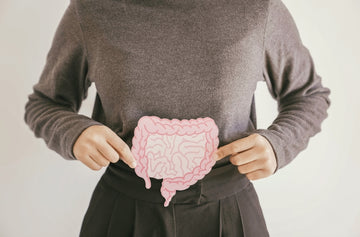


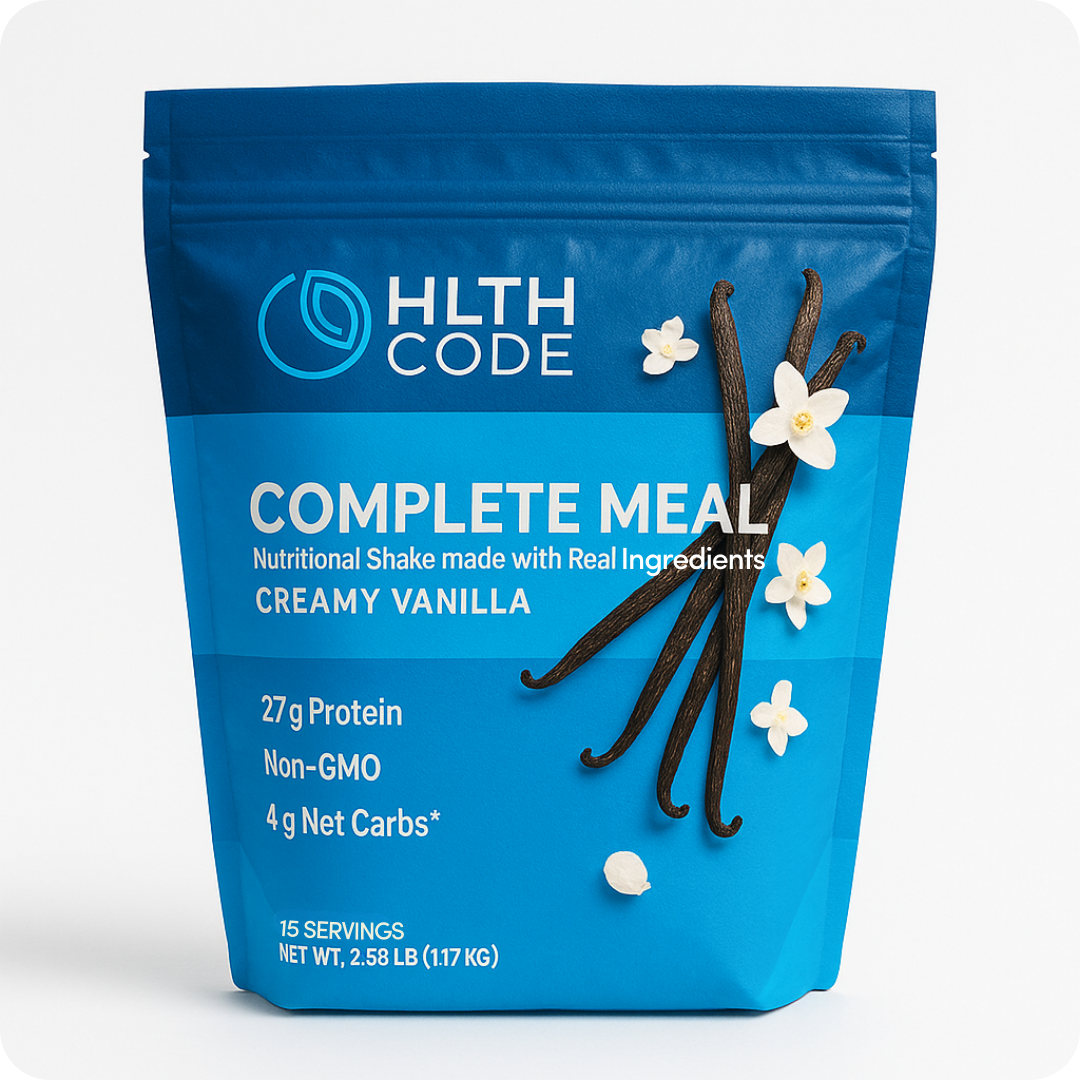
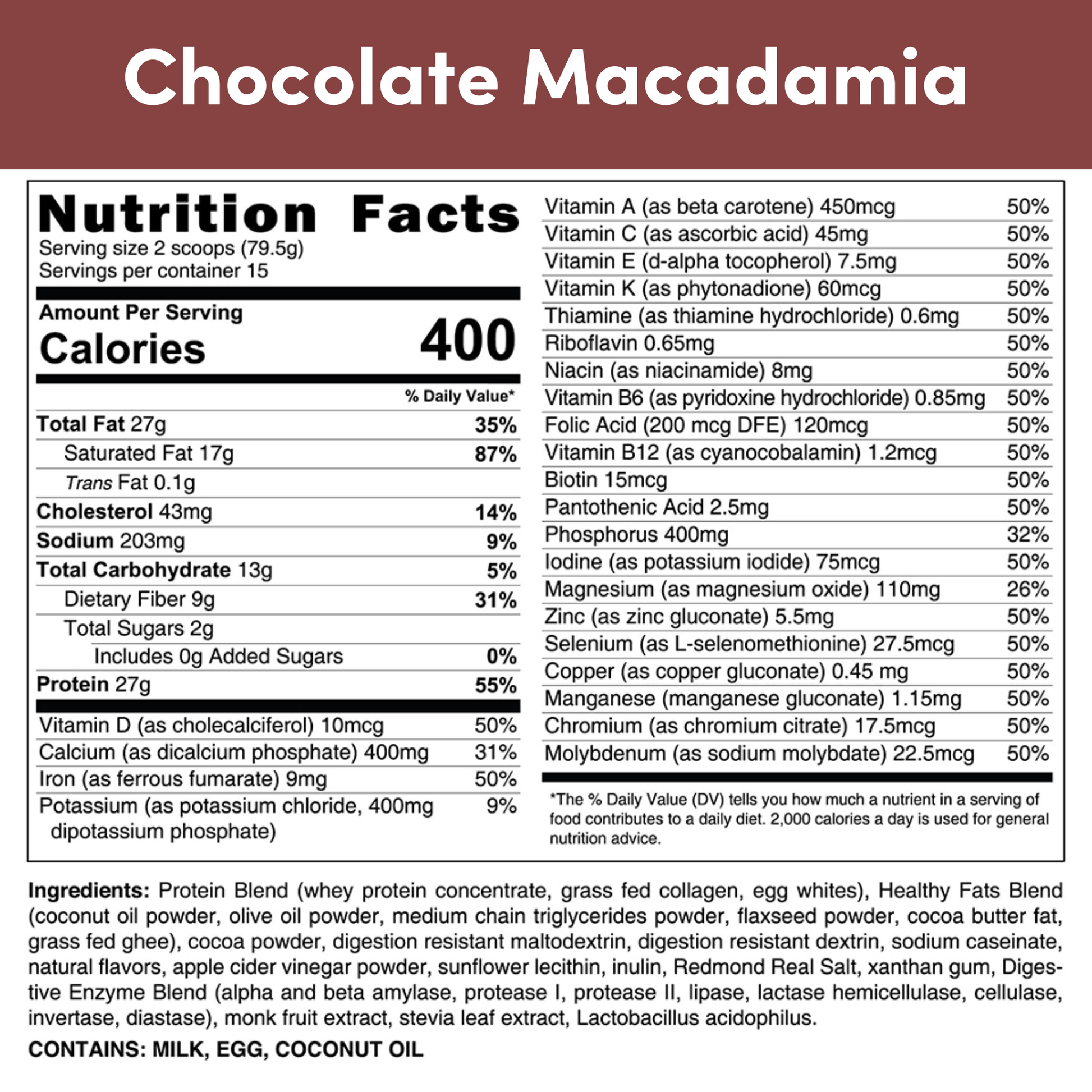
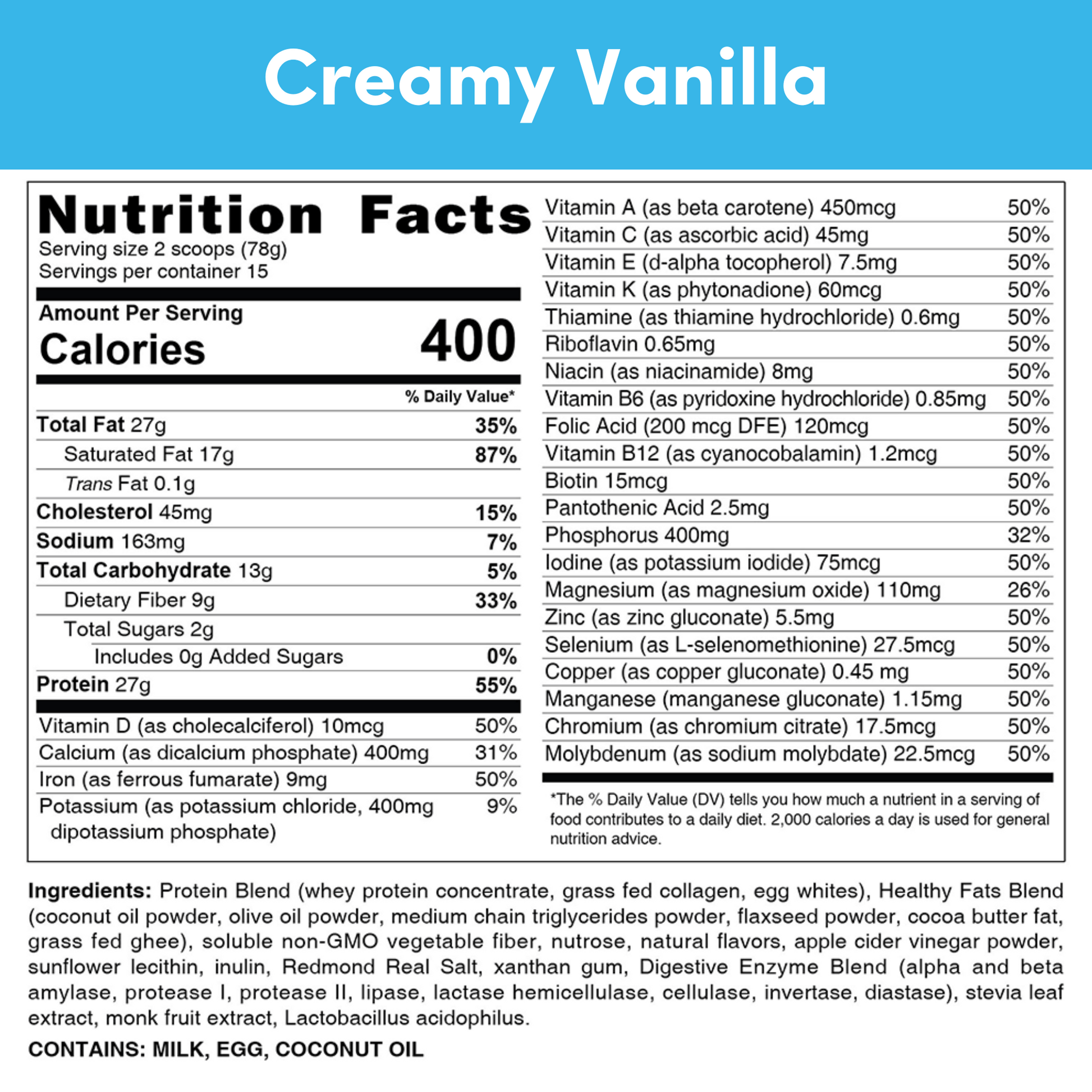



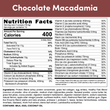
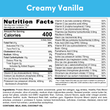

 30 Day Money Back Guarantee
30 Day Money Back Guarantee